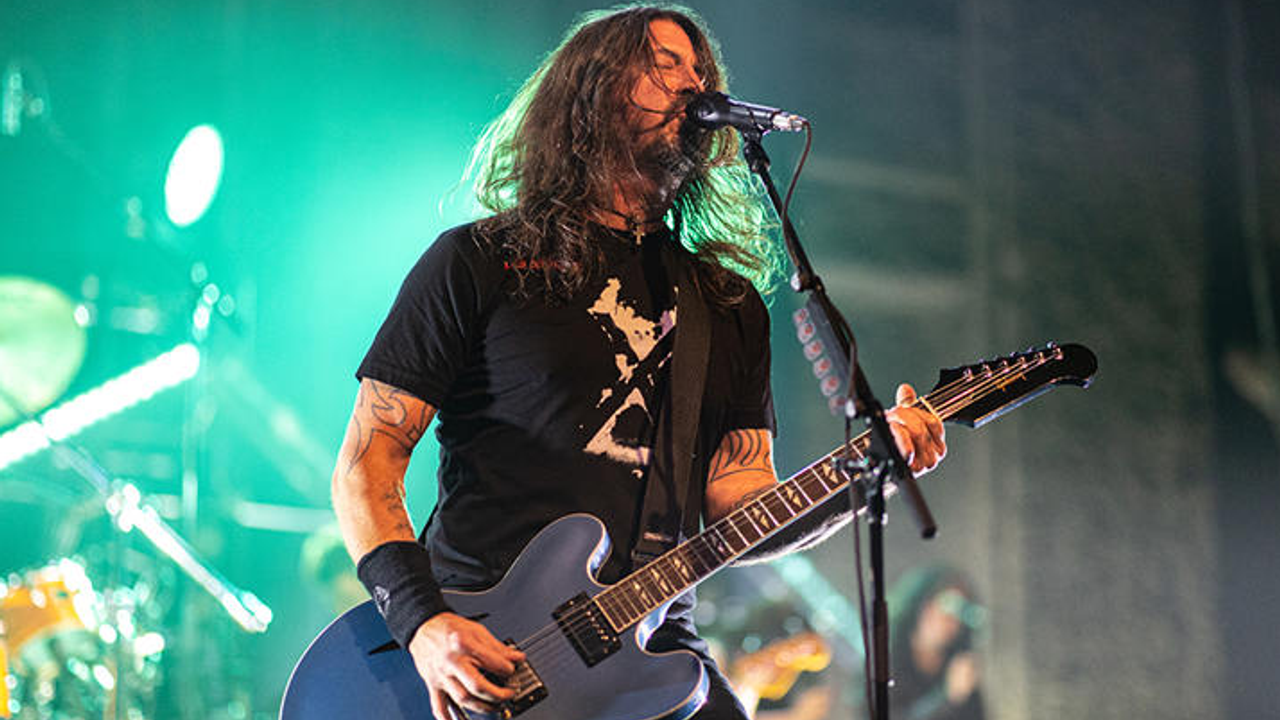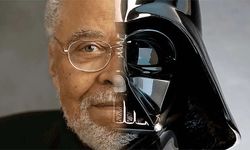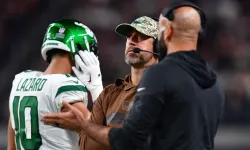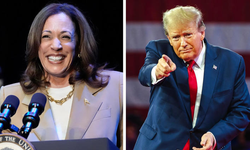Now, if there’s one thing we’ve learned from the past few election cycles, it’s that musicians are about as thrilled to hear their tunes blaring at political rallies as cats are to take baths. And the Foo Fighters are no exception. When they heard their music was being used to pump up the crowd at a Trump event, they weren’t exactly singing “My Hero” in response. Instead, they sent out the legal equivalent of a guitar smash, demanding the campaign stop playing their hits without permission.
Of course, the Trump campaign isn’t backing down quietly. In true rock ‘n’ roll fashion, they’re disputing the Foo Fighters’ claims, arguing that the music was used legally under the broad umbrella of a public performance license. Because what’s a little copyright infringement between a politician and a platinum-selling band, right?
But let’s be honest, the real question here isn’t about the legality of playing Learn to Fly at a rally. It’s about why politicians keep thinking they can borrow a band’s greatest hits to boost their own less-than-great reputations. After all, if there’s one thing musicians hate more than autotune, it’s having their music co-opted by causes they don’t support. And given the Foo Fighters’ outspoken political views, it’s safe to say they’re not exactly on the Trump campaign’s mailing list.
This isn’t the first time the Trump campaign has found itself in hot water over its playlist choices. From the Rolling Stones to Tom Petty, the list of artists who have objected to their music being used at Trump rallies reads like a Rock and Roll Hall of Fame lineup. But while the Trump team may have a knack for turning up the volume, they seem to have a hard time hearing the repeated refrain of “cease and desist.”
In the grand scheme of things, this latest clash between a political campaign and a rock band might seem trivial. But it’s a reminder that music, like politics, is deeply personal. For the Foo Fighters, their songs are an extension of their beliefs, their values, and their identity. So, when their music is used without their consent—especially in a political arena they don’t endorse—it’s not just about the notes; it’s about the message.
So, as the Trump campaign and the Foo Fighters prepare to face off in the court of public opinion (and possibly the actual courts), one thing is clear: in the battle of politics versus rock ‘n’ roll, the real winner might just be the lawyers. Because at the end of the day, whether it’s campaign speeches or power chords, someone’s always going to end up paying the piper—literally.













